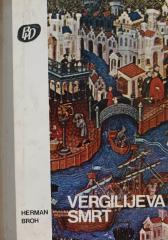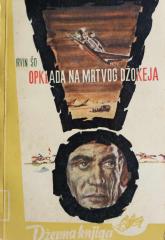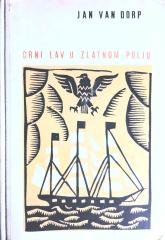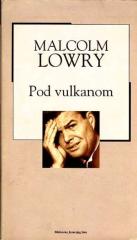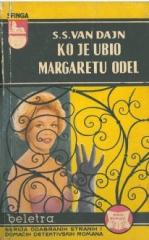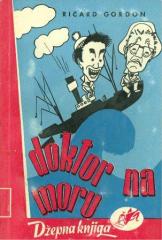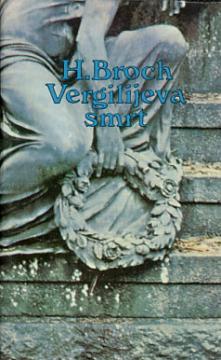
Vergilijeva smrt
The Death of Virgil (1945) by Hermann Broch, a masterpiece of modern literature, is a philosophical and poetic novel that follows the last 18 hours of the life of the Roman poet Publius Virgil Maron.
Set in Brindisi in 19 BC, the novel explores themes of art, mortality, ethics, and the meaning of existence through Virgil’s inner struggles and visionary meditations.
Virgil, gravely ill, sails to Italy with the emperor Augustus. Faced with his own death, he reexamines his life and work, particularly the Aeneid, which he considers inauthentic because it celebrates empire at the expense of humanity. In feverish musings, he considers the limits of art, its inability to capture truth, and its relationship to power. Virgil wants to destroy the Aeneid, but Augustus persuades him to preserve it, symbolizing the conflict between artist and political power.
The novel is divided into four parts – Water, Fire, Earth, Air – each with a different style, from lyrical to philosophical, reflecting Virgil’s inner transformation. Through encounters with friends, slaves, and visions, Virgil experiences a cosmic journey, coming to terms with the universal interconnectedness of life and death. Broch's complex, polyphonic language and deep philosophical reflections make the novel a meditation on the modern crisis of the spirit, with parallels to 20th-century totalitarianism.
The work, comparable in writing to Joyce and Proust, remains a powerful appeal for the ethical responsibility of the artist and the individual before history.
No copies available
The last copy was sold recently.
